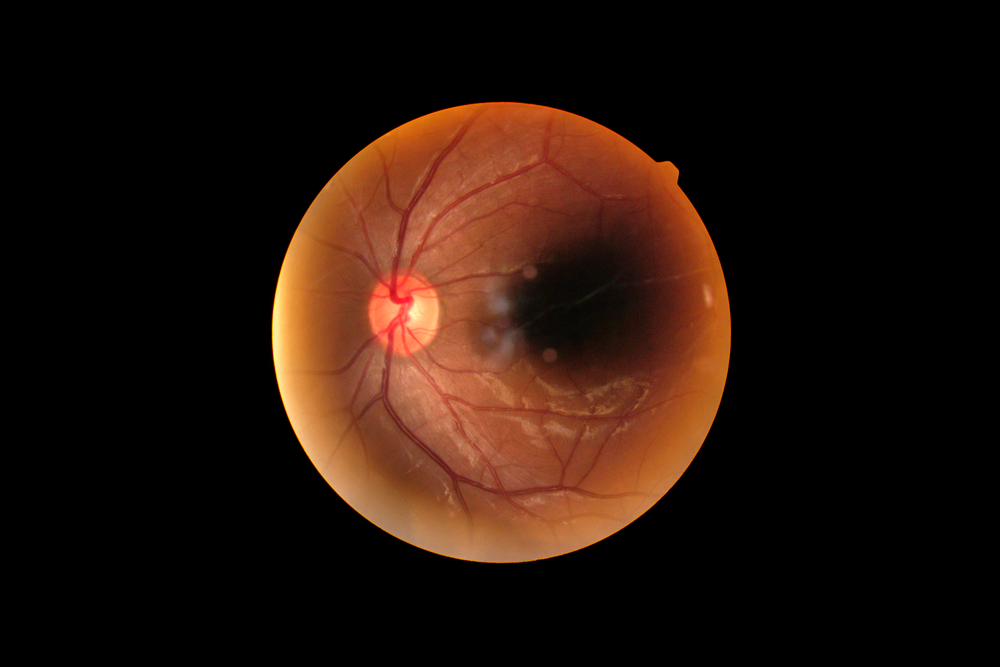Inside the Retina: A Closer Look at What Powers Your Vision
Submitted by Michael J. Elman, M.D. on August 15, 2025

The retina is a thin layer of tissue at the back of the eye that plays a crucial role in how we see. Sometimes described as the “film in a camera,” it converts light into electrical signals that your brain interprets as images. But there’s much more happening inside the retina than you may imagine. The talented team of ophthalmologists at Elman Retina Group in Baltimore provides many such details below.
The Retina’s Complex Layers
The retina is composed of multiple delicate layers, each with a distinct function. Light first passes through the outer layers to reach the photoreceptors, which are specialized cells known as rods and cones. Rods help you see in dim light and detect movement, while cones are responsible for sharp central vision and color perception. Beneath the photoreceptors lies the retinal pigment epithelium (RPE), a critical layer that supports and nourishes these cells. Together, these layers work in harmony to process visual information instantly.
Why the Macula Matters Most
At the center of the retina lies the macula, the small region that enables our ability to read, recognize faces, and perceive fine details. Damage to the macula, from conditions like age-related macular degeneration (AMD) or diabetic macular edema, often leads to central vision loss. Protecting this part of the retina is essential for maintaining quality vision.
Retinal Blood Vessels: A Vital Supply Line
The retina requires a constant, rich blood supply to function. Tiny blood vessels deliver oxygen and nutrients to keep retinal cells healthy. However, these vessels are also vulnerable to damage from systemic conditions like diabetes and hypertension, which can lead to problems such as diabetic retinopathy or retinal vein occlusion.
How Retinal Disorders Affect Vision
When the retina is damaged or diseased, the effects can range from blurry or distorted vision to blind spots and, in severe cases, complete vision loss. Retinal detachment, macular holes, and epiretinal membranes are just a few examples of conditions that can disrupt this delicate system. Prompt diagnosis and treatment by a retina specialist are crucial for preventing permanent damage.
Protecting Retinal Health
Regular comprehensive eye exams are crucial for maintaining retinal health, particularly for people with risk factors such as diabetes or a family history of retinal disease. Lifestyle habits such as a nutrient-rich diet, quitting smoking, and wearing UV-blocking sunglasses also play a role in maintaining retinal function.
At Elman Retina Group, our specialists provide advanced diagnostics and treatments to safeguard your vision. To schedule an appointment, contact (410) 686-3000 today.



